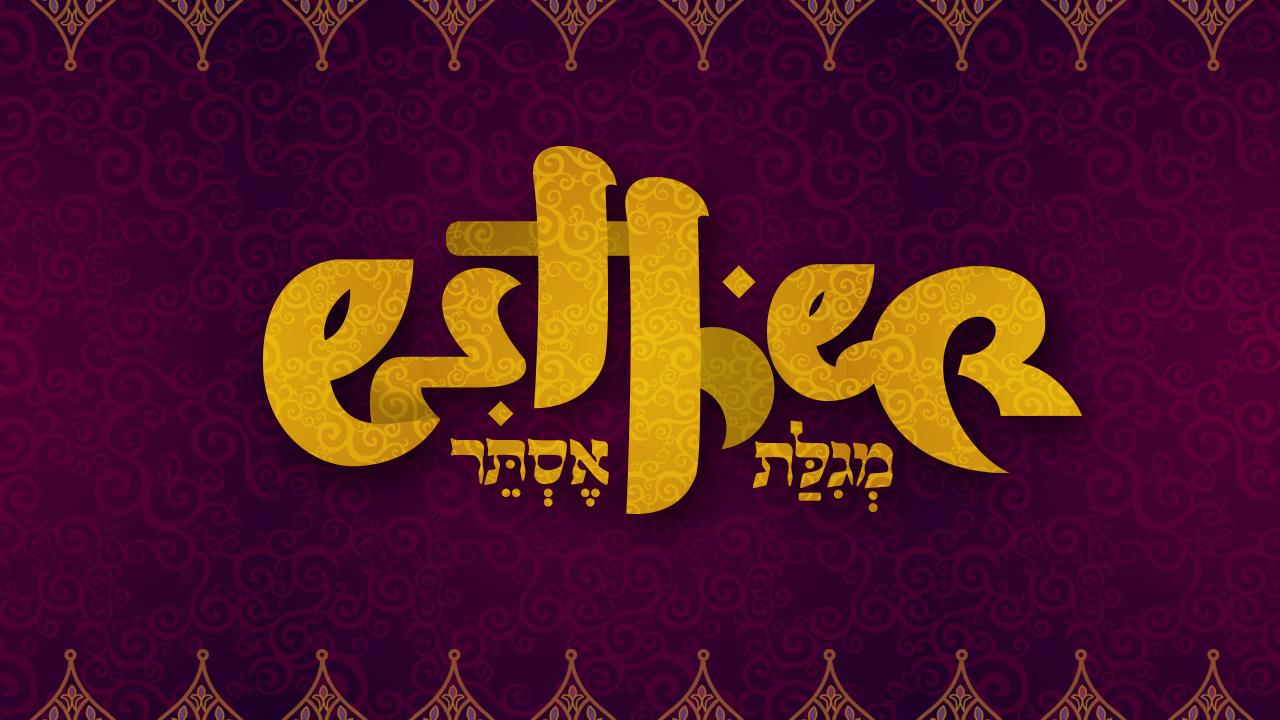
10 Nov Recap | Esther | The Crucible
As Esther 4 opens, Mordecai has just learned of the king’s edict for the destruction of the Jews. He immediately goes into mourning and begins fasting, weeping, and lamenting. Esther, still unaware of all that had occurred between Haman and the king, sends new clothes to Mordecai in hopes he will remove his sackcloth, but Mordecai refuses the clothes. Determined to learn what has happened, Esther sends a eunuch to inquire as to the cause of his mourning. Mordecai responds to Esther with copy of the written decree which called for the destruction of the Jews and commanded the young queen to beg for the king’s mercy on behalf of her people. Esther knows she risks her own life by entering the king’s presence without invitation, but Mordecai warns her that even she will not be able to hide behind her title and position to escape the same fate that awaits all her people. Esther submits to Mordecai’s command and tells her uncle to gather all the Jews found in Susa to fast on her behalf. She also promises to fast for three days and then go to plead with the king.
This account of Mordecai’s and the Jew’s lamentation draws obvious attention to their physical display of mourning. Yet, there is no mention of calling on God’s name for deliverance or reaching out to Him in prayer. God has warned His people not to lose themselves within the world of Babylon, but the Jewish people fell in love with the culture and an illusion of safety they constructed. Up to this point, Esther has kept her Jewish identity a secret from the king. But now, her attempt to create her own security unravels before her, and she is faced with a monumental task that could ultimately end her life. Yet, in the midst of the chaos created by Haman’s vengeance against the Jews, Esther also realizes her status as queen cannot override her status as a Jew. Mordecai reminds Esther that God can and will bring about deliverance, but it may not be what the people expect. Suddenly, Esther’s rise to become queen does not seem quite so random, as Mordecai suggests that perhaps it has been part of a greater plan. Ultimately, Esther accepts her fate and is willing to die if she must.
Obedience is not a requirement or a necessity for God’s sovereignty. The Lord will ultimately accomplish whatever it is that He wishes to accomplish, with or without our submission. But it is actually in our best interest to obey and to be caught up in His plan, because God doesn’t want us to be fulfilled; He wants us to be a sacrifice for others.
For us, some of the best decisions follow the hardest times in our lives when our dream collapses and our idolatry is exposed. It is in these moments that we, like Esther, realize that true safety cannot actually be accomplished, and anything earthly can fall apart at any moment. Once we can reorient ourselves to the reality that our lives and our stories are not actually our own, that as believers we have already died to ourselves, we can then be free to obey God, impact the world, and do hard things. (Romans 6:11)
As believers, we need to be obedient in the small areas of our life, as well as the big ones. We need to share what God has done for us to bring about our salvation. We need to be willing to sacrifice our time to serve others, to share the resources God has entrusted to us, and to be part of a cause that is bigger than ourselves. God wants to use us, but we are expendable. Jesus came to earth to be a consumable for us. Now, we are called to pour our lives as consumables to be a part of His redemption in the world.
Applications:
1. Your value comes in serving God. You must lay your life down for Him to acknowledge what you believe.
2. Comfort comes later, not now. We can take breaks after difficult seasons, but we are called to spend our lives working for His Kingdom and trusting that our comfort will come when we leave this world.
-Katie Gural
To listen to, view, or download this sermon, visit our website here.
Worship Songs from the Weekend
- The Name: Psalm 135:13, Joshua 9:9
- Worthy of It All: Psalm 51:16-17, Psalm 139:23-24, Amos 5:21-24, Psalm 19:12-14
- Raised to Life: Romans 6:4-11, Micah 7:19, 2 Corinthians 12:9-10
- Hope of the World: Romans 5:1-3; Ephesians 2:11-13; Psalm 33:20-22
- The Greatness of Our God: Deuteronomy 32:1-3, Romans 8:38-39, Isaiah 40:26-31
- Hallelujah What a Savior: Isaiah 53:3, Psalm 13:5, Isaiah 63:9


